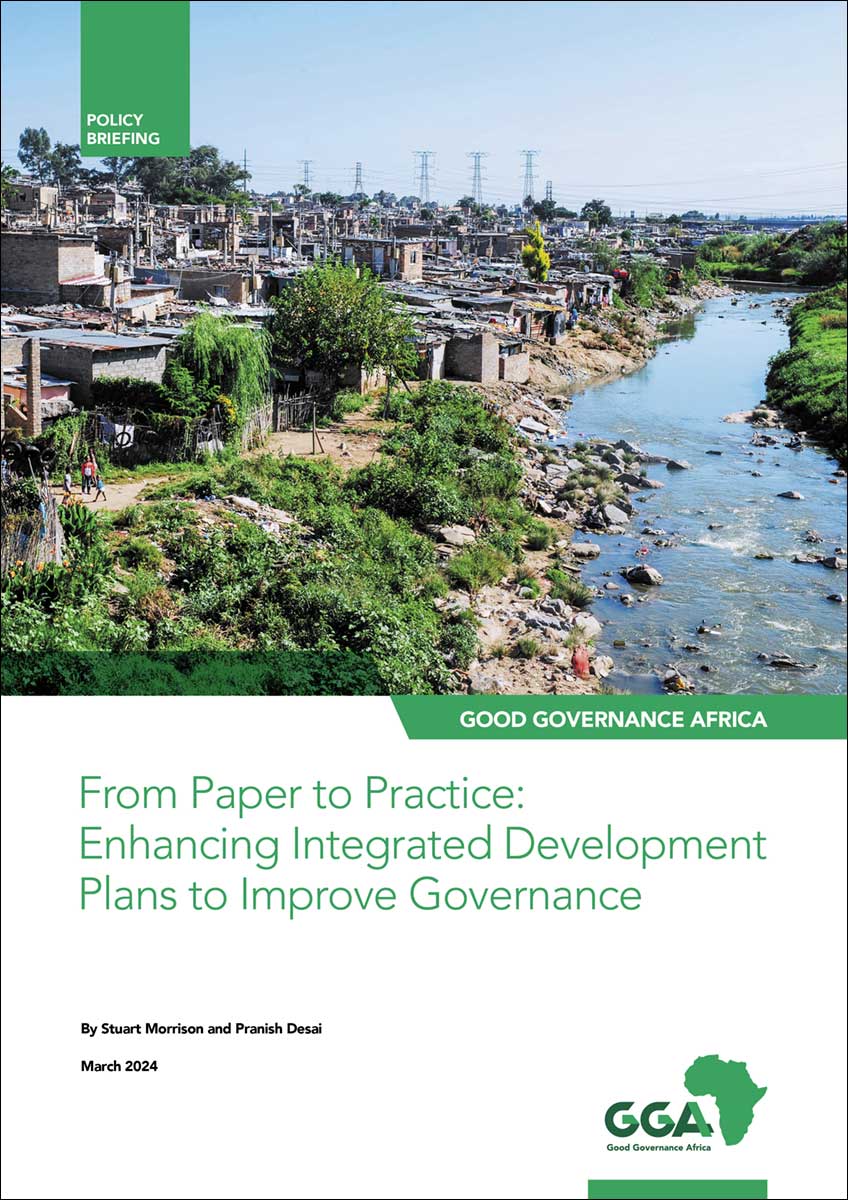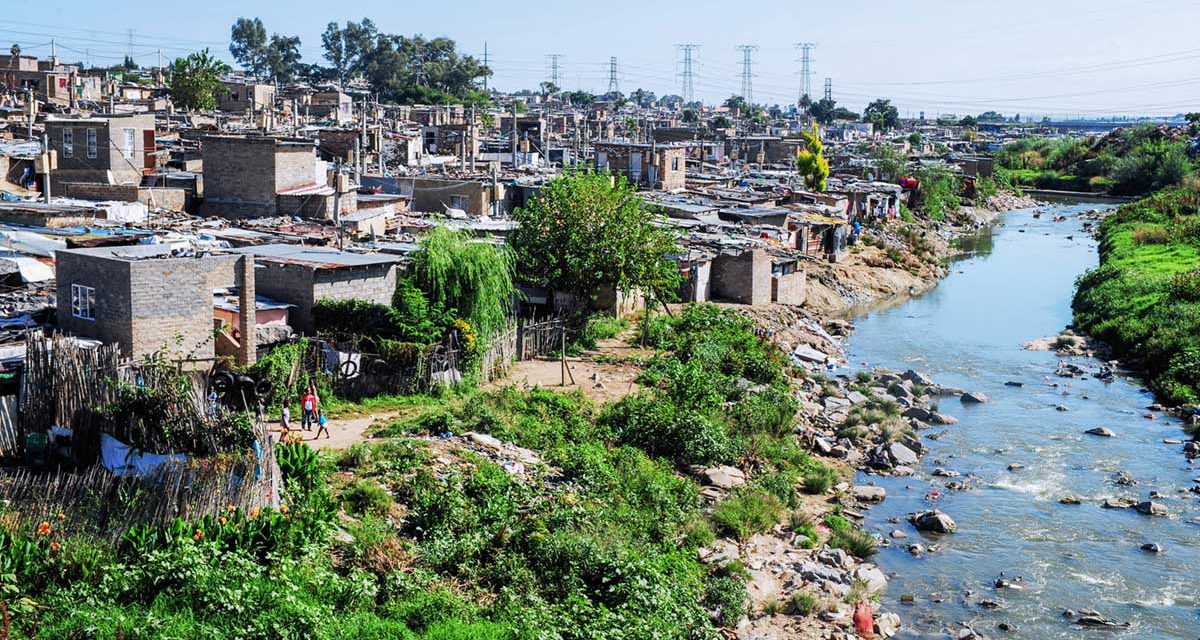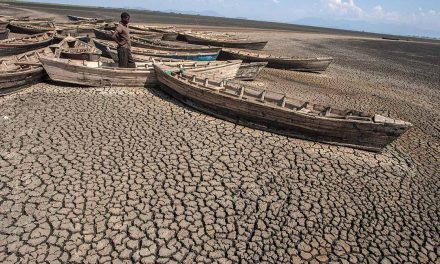
Local government in South Africa plays a vital role in the functioning of the state. Often seen as the implementation arm of the South African government, it is also the governmental sphere that most commonly operates as the interface between the citizen and the state. Constitutionally, the core responsibility of local government in South Africa is service delivery. This encompasses ensuring that critical public services like water, sanitation and solid waste removal, are both accessible and of good quality. However, many municipalities have struggled to fulfil their mandate in both respects. Previous attempts by national government to identify and address the issues surrounding service delivery have highlighted the importance of effective Planning, Monitoring and Evaluation (PME) frameworks within local government to effectively identify and address these challenges.
By law, Integrated Development Plans (IDPs), which are detailed development plans that municipalities need to produce at the start of their elected term, are a key component of this system. Research by Good Governance Africa (GGA) indicates that while local municipalities are consistent in the submission of these plans, the quality of service delivery remains inconsistent.
Utilising GGA’s 2024 Governance Performance Index (GPI), this policy briefing informs policymakers, municipalities, civil society and citizens on how best to address this problem. GGA’s focus is to assess the current PME system in local government and provide recommendations on how to more effectively utilise the system to address poor service provision.














